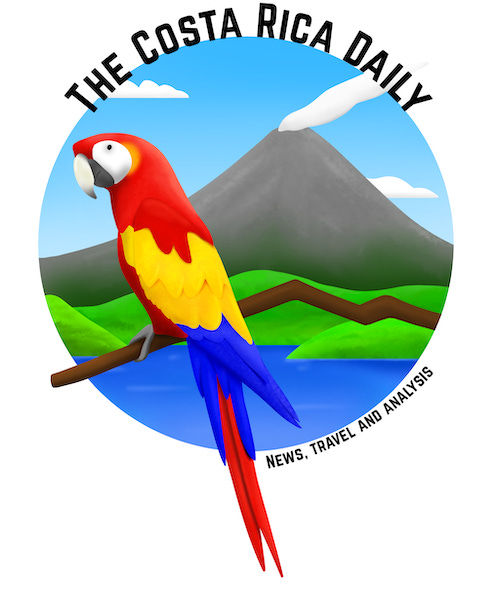What does Costa Rica owe its perpetual tourists?
An open letter to the thousands of tourists who live in Costa Rica.
To the thousands of foreigners who live in Costa Rica under tourist visas:
Foreigners visiting Costa Rica as tourists receive visas for up to 90 days. This is true today, and it was true when the coronavirus pandemic began, and it has been true at least since the current immigration laws were adopted in 2009.
The coronavirus outbreak was declared a pandemic 330 days ago. The United States and Canada issued global travel advisories 320 days ago, in March 2020, the same week Costa Rica closed its land borders to arriving tourists.
Barring another extension, tourists in Costa Rica who have overstayed their visas due to the coronavirus will have to leave the country by March 2. They can do so by land, air, or sea. If they want to return, they must meet Costa Rica’s entry requirements, which currently obligate visitors to enter by air or sea, because the land borders have been closed to them for 320-plus days.
The current policies eliminate the popular “border runs,” when foreigners renew their 90 day tourist visas by briefly exiting Costa Rica and re-entering via land. Today, the easiest legal border run is a flight to Mexico or Panama, which during a pandemic is more dangerous, more expensive, and more time-consuming than driving.
Frustrating? Sure. But tourists are guests, and as guests they should expect to follow local laws — which are not new and have been in place for months.
It is reasonable for Costa Rica to ask tourists to leave the country when their visas expire, and it is reasonable for Costa Rica to set its own rules for how tourists can enter the country.
Every nation does this, even during “normal” times. For instance, consider the steps a Costa Rican takes in order to visit the United States for the first time. They must:
Pay a $180 visa application fee that is nonrefundable.
Complete an English Visa Application (DS-160) form.
Schedule and pass an interview at the U.S. Embassy. (The U.S. Embassy has not held these appointments since last March.)
Unlike the United States (and Canada), Costa Rica is still happily issuing visas to arriving tourists. Costa Rica has even offered generous grace periods for visitors who arrived early in the pandemic. It’s fair that the lenience wouldn’t last forever.
If you’re a tourist and are annoyed that you can’t stay in Costa Rica indefinitely, the good news is there are other options:
If you are in Costa Rica because you fear persecution in your home country:
Apply for asylum.
If you are an investor, retiree, or have the financial means:
If you are a ‘digital nomad’ and want to work remotely from Costa Rica:
Barring new legislation, you are a tourist and must follow the laws as a tourist.
If you think Costa Rica should make your life easier because you contribute to the economy:
If you’re a tourist, you (generally speaking) cannot legally earn an income in Costa Rica, so you don’t pay an income tax. Similarly, tourists don’t pay into to social security. Residents do.
Tourists who started businesses (or bought property) in Costa Rica did so knowing their legal status here.
Yes, tourism is a significant economic driver. Maybe the economy really would benefit by further extending tourist visas. Maybe the government knows this, but it has concluded reopening land borders would cause a significant health crisis.
As tourists, it’s not your call to make.
Support The Costa Rica Daily
We figure this made a lot of you very angry. If it makes you feel any better, remember that the story you read was 100% free — and 100% ad-free:




I agree that tourists have no legal standing when it comes to policies. However, they do contribute to the economy through marchamo, property taxes, sales taxes, general purchases of goods and services. And there are those, like myself, who have applied for residency but still need to do border runs in order to be able to drive while waiting for approval. In my case, I have been waiting 17 months and counting. I would like the authorities to just give some consideration to:
1. Not all of us can afford to pay several hundred dollars for the airfare
2. The health risk for us to go to countries with high infection rates, which affects everyone in CR
Agree with all above. It is an inconvenience with the land borders closed, but the real victims of this situation are those who have applied and paid for residency, have complete and clean applications, eager to participate in the economy and are waiting..waiting... waiting...over 15 months for approval. Applications are sitting on a desk in immigration somewhere, you would think they would be rubber stamped APPROVED to get the process and expats in play fast.